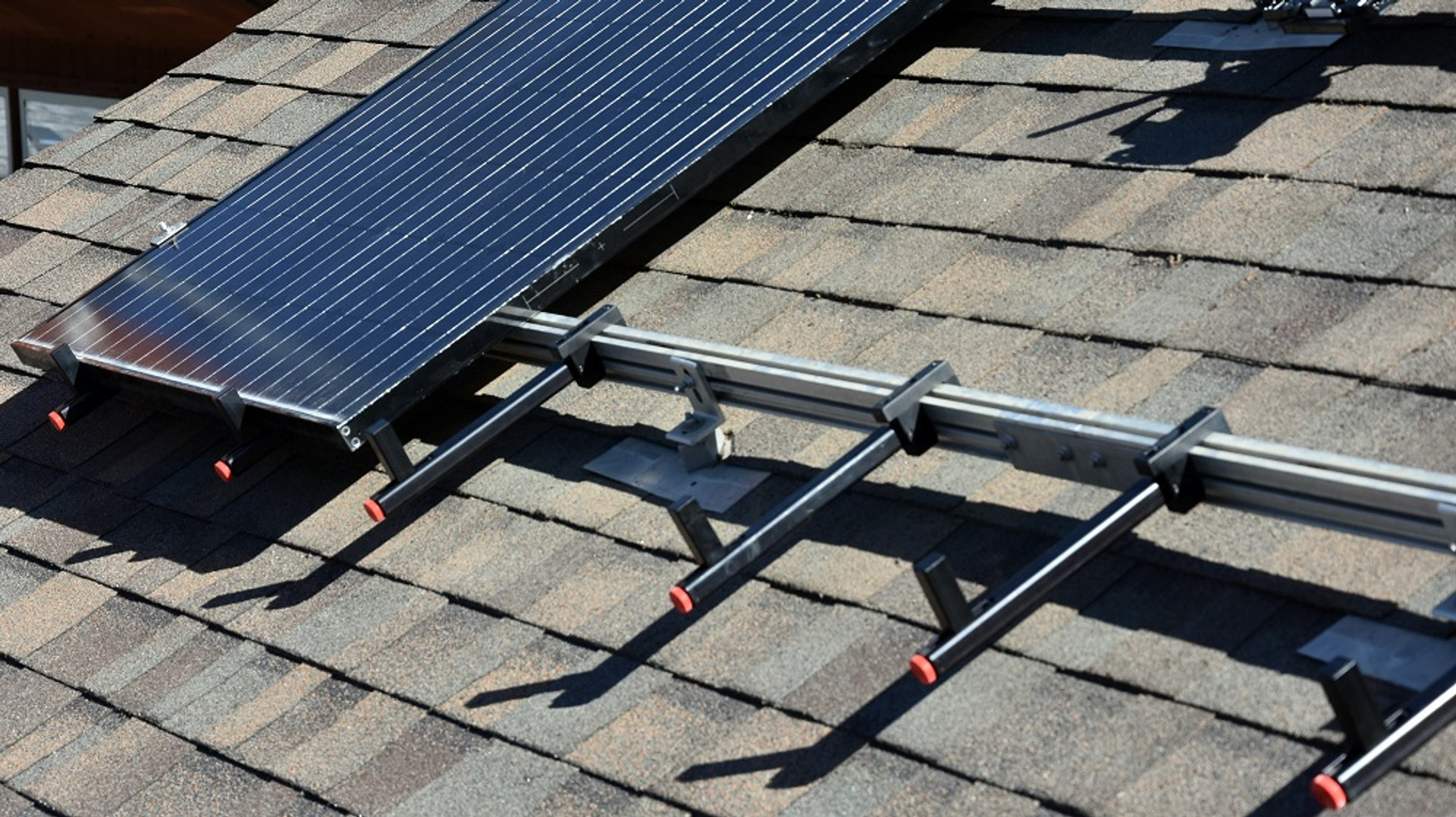The Total Guide to Solar Power Setup: Conserve Cash and Go Green
Exploring the nuances of solar power installation reveals a multifaceted method to both price financial savings and ecological obligation. House owners are significantly taking into consideration solar power not just as a practical alternative however as a calculated financial investment that can produce considerable long-lasting benefits. The process involves careful factor to consider of different elements, including system selection and installment procedures. Recognizing these components is vital for maximizing performance and cost savings. What particular actions should one require to make sure an effective change to solar energy, and how can economic rewards even more enhance this undertaking?
Benefits of Solar Power
The growing fostering of solar energy shows a significant shift towards sustainability and environmental duty. One of the main advantages of solar power is its capability to reduce dependence on fossil fuels, bring about reduced greenhouse gas exhausts. By utilizing the sunlight's power, individuals and companies can add to a cleaner setting and reduce the damaging effects of climate modification.
In addition, solar energy can cause substantial monetary cost savings. As soon as installed, solar panels substantially reduced electricity expenses, as they produce power from a renewable source. Numerous federal governments additionally supply incentives, rebates, and tax obligation credit scores to urge solar fostering, further enhancing economic practicality.
One more significant benefit is power freedom. Solar energy systems permit homeowners and organizations to create their own electrical power, minimizing susceptability to changing power costs and supply interruptions. Furthermore, solar power systems require minimal maintenance, translating to lower long-term functional prices.
Picking the Right Planetary System

Solar systems differ dramatically in rate depending on their kind, dimension, and performance. Take into consideration potential funding alternatives such as finances, leases, or power purchase contracts (PPAs) that might alleviate in advance costs.
Available room is an additional crucial element. Assess your roof's positioning, angle, and shading, as these aspects can impact solar panel performance. If roof covering room is restricted or inappropriate, ground-mounted systems may be a practical alternative.
It's necessary to conduct comprehensive study to comprehend the certain rewards offered in your area, as they can differ commonly. Consulting with a solar installation specialist can assist you navigate these alternatives efficiently, ensuring you maximize your financial savings while contributing to a more lasting energy future.
Keeping Your Solar System
Reliable maintenance is crucial for making certain the durability and optimal performance of your solar energy system. Routine maintenance can help protect against minor concerns from escalating right into costly fixings and guarantee optimal energy effectiveness.
Start with routine examinations of your solar panels, preferably every 6 months. Try to find dust, debris, or any type of indicators of wear and tear. best solar energy company in fort lauderdale. Cleaning up the panels, specifically in areas susceptible to dirt or bird droppings, can considerably improve energy production. Utilize a soft brush and light detergent to prevent harming the surface area.
Following, keep track of the inverter. This element transforms solar power right into usable electrical energy and need to be checked monthly. Many contemporary inverters have checking systems that alert you to performance issues, permitting timely intervention.
Furthermore, check the circuitry and links for any kind of indicators of deterioration or damages, as these can bring about lowered performance or system failing. Last but not least, consider professional maintenance services annually for a comprehensive check-up.
Conclusion
Financial rewards and normal upkeep even more add to the long-lasting benefits of solar power. Ultimately, welcoming solar innovation stands for an important action toward sustainability and power self-reliance, fostering a greener future for all.